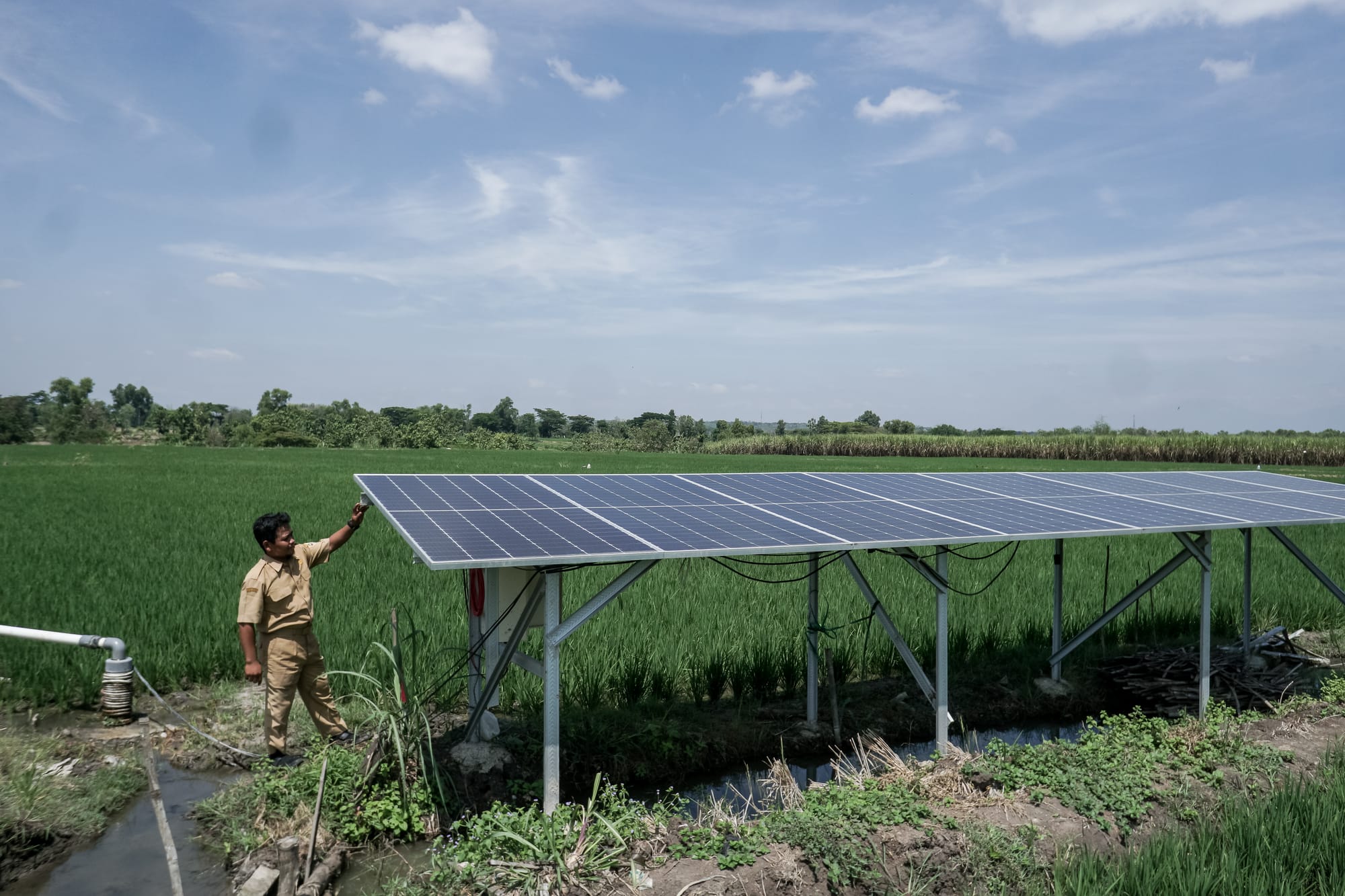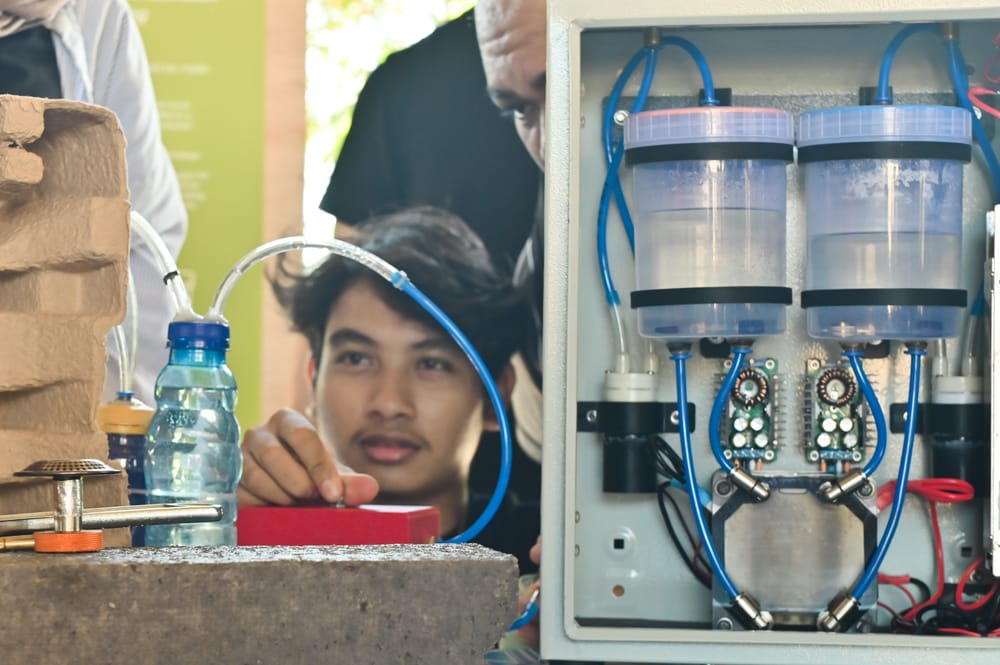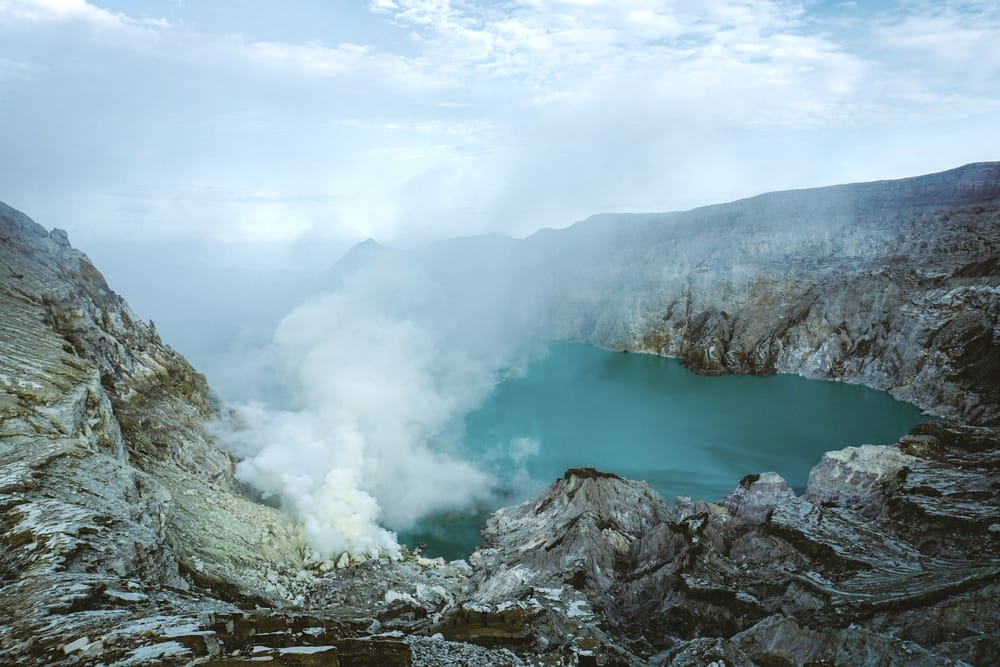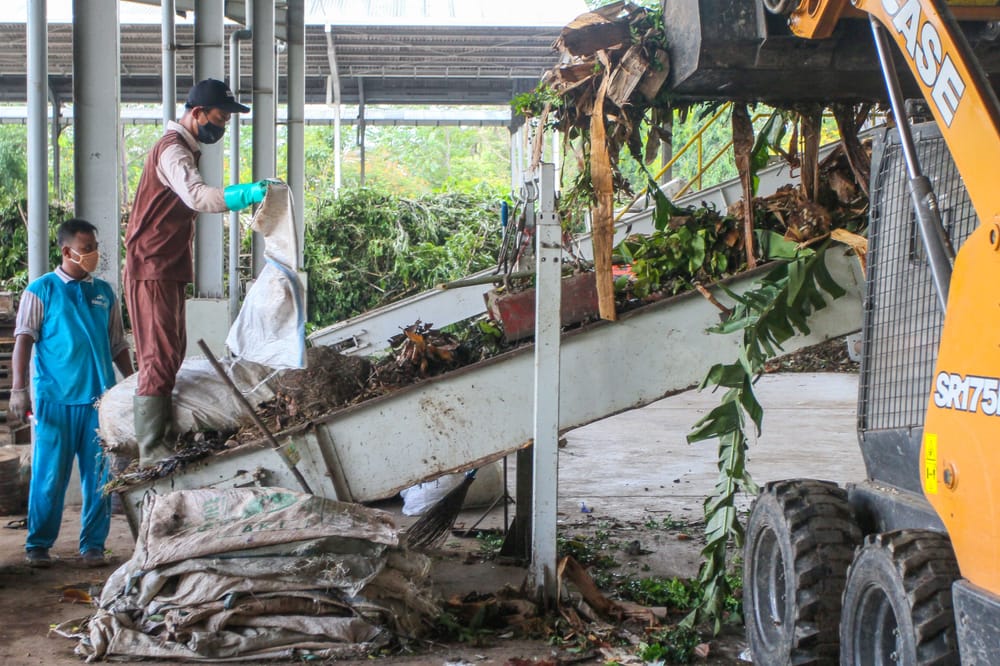As awareness of sustainable business practices increases, so does the need for access to funding for green economic activities. For the financial industry, this is an opportunity to become a source of funding for activities that support climate resilience.
Environmental Finance (EF) Data, as quoted by the Bank Mandiri economist team, states that Indonesia is in second position among Southeast Asian countries that release green and sustainable economic bonds.
In detail, Indonesia issued 18% of the total green, social, sustainability, and sustainability-linked (GSSS) bonds in Southeast Asia in the second quarter of 2025. Singapore is in first place with a share of 64.3%. However, bonds from Indonesia offer the highest coupon: 8.1%. The tenor is quite short at 3%.
Chief Economist of Bank Mandiri, Andry Asmoro, said that the large number of green bonds released by Indonesia shows the high interest and potential for green economic activities in the country.
"Many projects require funding. There is a lot of potential that can be tapped here, including from the funding sector," said Asmoro, quoted from his research on Thursday (25/9/2025).
Various projects
The high need for funding is reflected in the large number and variety of government projects in the field of green economy. Deputy Minister of the Ministry of Energy and Mineral Resources (ESDM), Yuliot Tanjung, said that these various projects are to encourage national energy resilience.
"Indonesia is rich in energy resources, but the challenge is access and affordability, especially in the 3T regions (underdeveloped, frontier, remote)," he said.
The One Price Fuel Oil (BBM) program has evened out energy costs in 80% of the region and is targeted to expand to 225 new areas by 2029. However, more ambitious is the acceleration of new and renewable energy (EBT). In the 2025–2034 PLN RUPTL, the government is targeting an additional electricity capacity of 69.5 GW, with 62% from EBT or around 42.6 GW.
The potential is extraordinary: of the total potential of Indonesian EBT of 3,687 GW, only 15.2 GW has been utilized. Or only 0.4%.
From an economic perspective, the EBT roadmap and downstreaming have a massive impact:
- Green energy investment for 2025–2034 is projected to reach IDR 1,682 trillion.
- Creation of 760,000 green jobs from EBT.
- Reduction of 129.5 million tons of CO2 emissions.
- The mandatory biodiesel B40 (2025) and B45–B50 (2026) programs are expected to save USD 9.3 billion (IDR 147 trillion) in foreign exchange and create 2 million jobs.
- Downstreaming of nickel and other minerals has the potential to generate USD 498 billion in investment and create 3 million jobs.
“Indonesia is one of the countries blessed with abundant renewable energy. The challenge is not availability, but how to utilize this potential with appropriate regulations and financing,” said Yuliot.
For investors, this prospect opens up the largest green energy market in Southeast Asia, as well as opportunities for diversification from fossil dominance. However, regulatory certainty, including the New and Renewable Energy Bill currently being prepared, is key to reducing risk.
As emphasized by Ignatius Wahyu Marjaka, Director of Governance for the Application of Carbon Economic Value, Ministry of Environment and Forestry (KLHK), in his opening speech, “A just energy transition is a manifestation of the vision of development sovereignty. We prove that commitment to the earth can go hand in hand with commitment to the welfare of the people.”
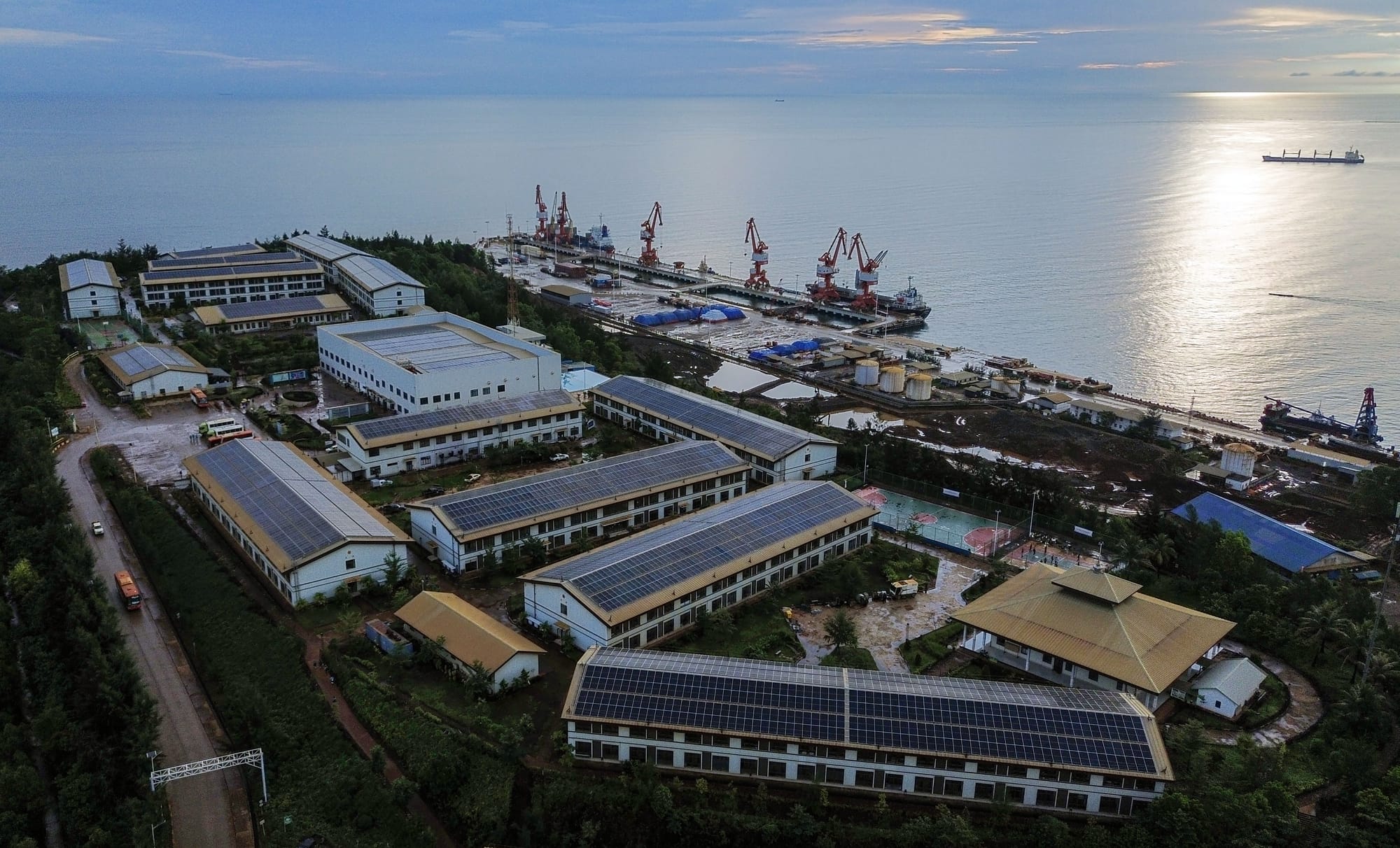
Ignatius emphasized that the energy transition is not just a moral obligation, but a strategic investment for economic resilience. However, he also warned that if the acceleration is not carefully calculated, the risk of energy inflation and social disparities will increase.
The Ministry of Environment and Forestry's (KLHK) grand framework now relies on the economic value of carbon (EVC). This scheme integrates climate change mitigation and adaptation with innovative financing, including utilizing the Article 6 mechanism of the Paris Agreement. This means that every decarbonization action, from forest reforestation to industrial emission reduction, can be translated into carbon credits that can be traded.
Since the Indonesia Carbon Exchange was launched in 2023, transactions have indeed been underway. However, the volume is still far below its potential. If the ecosystem matures, forests, village cooperatives, and companies can sell carbon certificates, creating a market worth billions of dollars.
Ignatius emphasized three principles: environmental sustainability, social justice, and inclusive economic growth. "The success of the transition is not only measured by the quantity of investment, but by the quality of implementation and environmental integrity," he said during the same session on Tuesday (23/9).
For businesses, the signal is clear: green investment opportunities are increasing, but credibility and transparency are key to attracting long-term capital.


